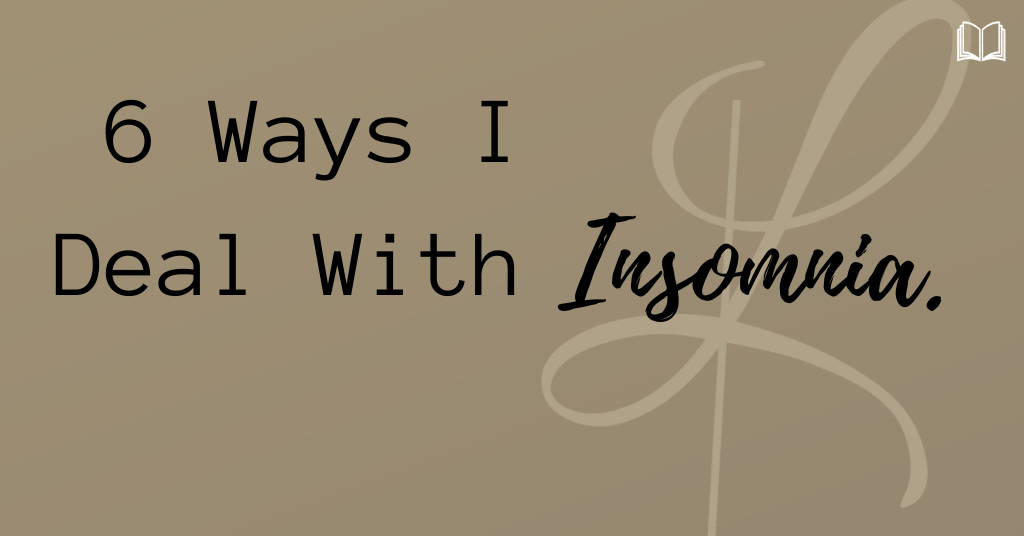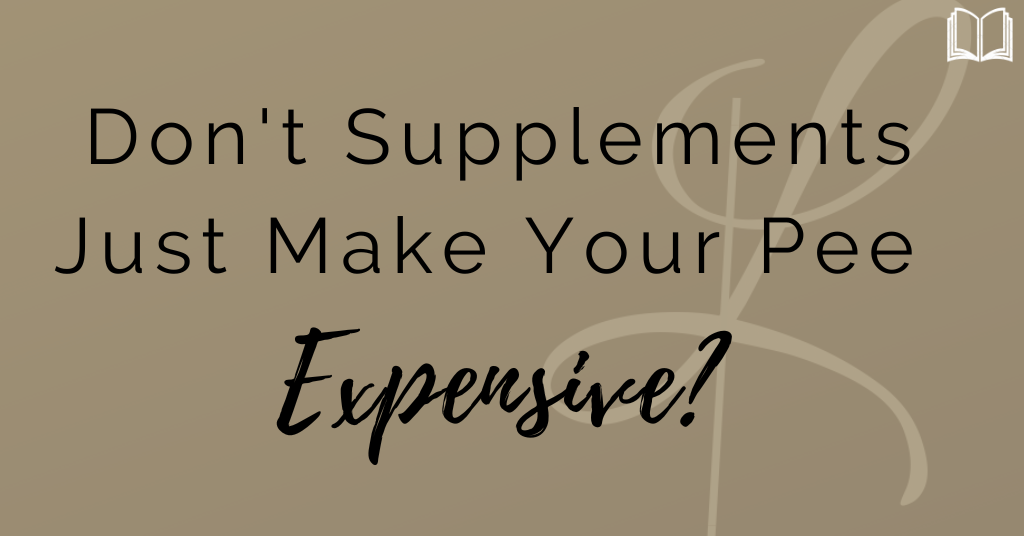The 6 Ways I Deal With Insomnia.
Category: Healthy Nutrition

Being unable to easily get to sleep or waking up and not easily being able to get back to sleep due to low serotonin production affects about 1/3 of the American population (yes that includes Canada). (Dr. Richard Brouse, Build A Better You, 8th edition, 2011, pg. 307).
For most of my life I have struggled and still do struggle with periodic insomnia due to my monthly cycle. And even though it is small stints every month, it is frustrating, exhausting and all over not fun. It makes for a very cranky, unfocused Kristin.
Insomnia can be caused by a multitude of factors, hormone imbalances, certain medications, too much caffeine consumption, hypoglycemia, poor nutrition, et cetera. There are cases that are more severe than others. This post is meant to help with mild cases or periodic insomnia due to monthly cycles like mine is. If you are experiencing severe insomnia get with your GP to make sure there is not something else going on there.
What can you do to help overcome insomnia?
Start a relaxation practice. About an hour before bed. Whether it’s a gentle yoga practice, meditation, having a bath with some lavender or any other aromatherapy that helps to calm your nerves. Getting your body ready for bed and queued to your bedtime routine will help your body get into sleep mode. Having a night time routine is just as important as having a morning routine.
Set yourself a sleep schedule. Having a healthy and consistent sleep and wake schedule that allows for 5 to 6, 90 minute sleep cycles every night will get your body on the same page as you when it comes to sleep. When you have a sporadic sleep schedule, your body will not know when to start releasing the sleep hormones that help you fall asleep. So staying constant with bed time and wake time makes all the difference.
Avoid eating before bed. Resist night time snacking for 2 to 3 hours before bed. When you eat before bed you are asking your body to go to work to digest what you just ate, rather than focusing on resting and recovery. We want our bodies to be in rest mode not work mode when we go to sleep.
Make sure your nutritional gaps are being filled. When our body is lacking key nutrients, our bodily processes are compromised. Yes there are nutrients that are required, to allow for quality sleep. Calcium, magnesium, and trace minerals help promote sound sleep and prevent cramping. B vitamins help to calm your nerves, and fatty acids help keep your brain in tip top shape so it can release the correct hormones for sleep. I use the Vitalizer™ strip to make sure that my nutritional gaps are filled from A to Z.
Use calming herbs before bed. Try incorporating tea or supplements that contain chamomile, passionflower and valerian into your night tie routine. I use the Gentle Sleep Complex* for my bouts of insomnia. It is a non- addictive blend of sleep promoting herbs that help to promote relaxation and restful sleep.
Valerian People who have occasional difficulty relaxing or falling asleep will appreciate the gentle, non- addictive effect valerian can provide. Used for centuries for treating traumatic pain, nervousness and general irritability, valerian has a broad reputation for helping normalize body functions.
Anxiety – reduces sympathetic nerve reflex similar to anti-anxiety drugs
Colds – reduces mucous
Colic – reduces pain from gastric irritation
Convulsions – calms brain wave patterns
Headaches – Relieves tension in neck and brain stem, allowing normal circulation
Insomnia – allows relaxation to bring on restful sleep
Muscle cramps – relaxes sympathetic nervous stimuli
Nervousness – restores relaxed state to central nervous system
Pain – raises pain threshold for smooth and straited muscles
Stress – reduces nervous system tension
Ulcers – relaxes vagus nerve stimuli
(Dr. Richard Brouse, Build A Better You, 8th edition, 2011. Pg. 57)
To get more great indepth holistic wellness info check out my online Wellness Center



Facebook Comments